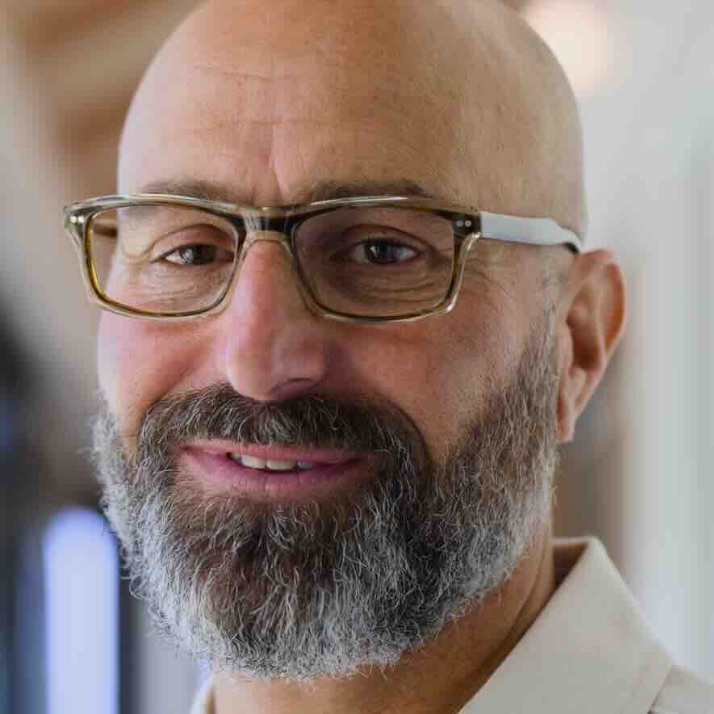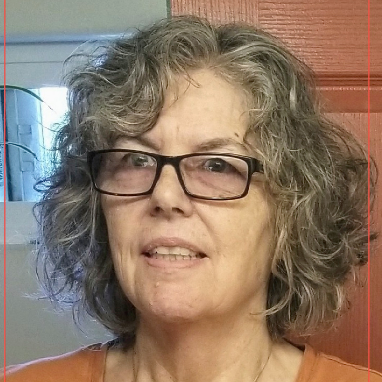Your Guide to OCPD Therapy in San Francisco
Looking for OCPD therapy in San Francisco? Explore the MiResource therapist directory to find providers who understand your goals and offer care that fits your life. Our platform helps you discover a good match based on your needs and location, so you can take the next step with confidence.
Learn more about OCPD
This page provides general information about Obsessive-Compulsive Personality Disorder (OCPD) for individuals in San Francisco. It also outlines what someone can expect from therapy or treatment for OCPD, including common approaches and typical care settings.
What is OCPD?
Obsessive-Compulsive Personality Disorder (OCPD) is a mental health condition characterized by a chronic preoccupation with orderliness, perfectionism, and control. Common symptoms include an excessive focus on details, an inability to delegate tasks, and a rigid adherence to rules. These traits can make daily life challenging, often leading to difficulties in personal relationships and work environments. Living with OCPD can feel overwhelming, but understanding and support are available. To learn more about OCPD therapy options in San Francisco, visit our main OCPD page.
Why Seek Therapy for OCPD?
Feeling pressured by perfectionism, rigidity, or conflict around control is exhausting, and therapy can offer compassionate, practical relief—right here in San Francisco. Evidence-based options for OCPD include Cognitive Behavioral Therapy (to challenge all‑or‑nothing rules, ease procrastination, and practice “good‑enough” decisions), Schema Therapy (to transform entrenched perfectionistic and punitive patterns at their roots), Psychodynamic Psychotherapy (to understand and loosen long‑standing control and approval drivers), Acceptance and Commitment Therapy (to reduce struggle with intrusive standards and align choices with your values), and Dialectical Behavior Therapy skills (to improve flexibility, emotion regulation, and relationships). Many clinicians also integrate Motivational Interviewing to strengthen readiness for change and sustain new habits. Together, these approaches can soften rigidity, lower anxiety around mistakes, improve work‑life balance, and create warmer, more satisfying connections without losing your strengths.
What to Expect from OCPD Therapy
In Cognitive Behavioral Therapy, you can expect structured sessions that gently challenge perfectionistic rules and rigid standards, with collaborative goal-setting, skills practice, and between-session exercises to build flexibility and reduce overcontrol. In Schema Therapy, you’ll work with your therapist to identify deep-rooted schemas driving self-criticism and need for order, using techniques like imagery rescripting and mode work to create more balanced, compassionate patterns. In Psychodynamic Therapy, you’ll explore underlying motivations, defenses, and relationship patterns that sustain OCPD traits, developing insight that supports lasting change. Throughout, the process is collaborative and personalized to your needs, pacing, and values, with clear plans, feedback, and practical tools. Support is available in San Francisco.
How to Find the Right OCPD Therapist in San Francisco
Start by entering Obsessive-Compulsive Personality Disorder (OCPD) in the search bar to see therapists serving San Francisco. Use filters to narrow by therapeutic approach and confirm specific experience treating OCPD. Refine results by accepted insurance plans, current availability, and proximity to your San Francisco neighborhood. Review profiles side by side to compare training, specialties, and logistics—MiResource makes evaluating options simple. Remember that personal fit is essential, so read bios and consider scheduling brief consultations. Ready to begin? Explore the directory now.
Why Choose a Local San Francisco OCPD Therapist?
Living in San Francisco brings unique pressures and protections that shape how OCPD shows up day to day. The city’s intensity—startup culture in SoMa, academic and medical hubs at UCSF, and the cost of living across the Mission, Hayes Valley, and the Marina—can feed perfectionism, overwork, and rigidity. Microclimates, wildfire smoke days, and dense, high-expectation workplaces can strain routines, while strong community identities in the Castro, Chinatown, the Richmond/Sunset, and among immigrant and LGBTQ+ residents offer culturally responsive support. A local therapist who understands these dynamics can help you separate genuine values from city-driven pressures and tailor skills to your neighborhood rhythms.
In-person care also fits SF logistics. Meeting near Muni and BART—Powell or Civic Center for downtown/FiDi, 16th/24th St Mission, or N Judah in the Inner Sunset—reduces friction and helps build consistent exposure and habit-change plans you can test immediately in real contexts (e.g., time estimates on Market Street commutes, flexible routines around Golden Gate Park events). Scheduling that considers Bay Bridge backups, 19th Ave congestion, Chase Center or Oracle Park game days, and limited parking in North Beach or the Richmond keeps therapy practical and sustainable.
San Francisco offers robust resources to complement OCPD therapy: San Francisco Behavioral Health Services for county-level access and referrals, UCSF Langley Porter Psychiatric Hospital and Clinics for specialty care, and NAMI San Francisco for family education and peer groups. For obsessive-compulsive spectrum support, the IOCDF affiliate OCD SF Bay Area lists local groups and workshops. Many offer sliding-scale options, crisis lines, and multilingual services, ensuring care aligns with your neighborhood, culture, and daily routines.
Frequently Asked Questions
How do I know if I need a therapist for OCPD?
You might consider therapy if perfectionism, rigid standards, or a strong need for control are straining your relationships, work, or day-to-day peace. Common signs include spending excessive time on details, difficulty delegating, or feeling distressed when things aren’t “just right.” You may notice frustration toward yourself or others, frequent conflict over rules or routines, or burnout from overworking. If these patterns feel stuck despite your best efforts, a therapist in San Francisco can help you find balance.
What if I don't feel a connection with my therapist? Is it okay to switch?
Yes—finding the right fit is part of the process, and it’s completely okay to switch. A strong therapeutic alliance is especially important for OCPD because trust and collaboration help you try new ways of thinking and behaving. If you don’t feel understood, safe, or aligned on goals after a few sessions, discuss your concerns or seek a better match. In San Francisco, you have many options, so it’s reasonable to keep looking until it feels right.
Is online therapy as effective as in-person therapy?
For many people with OCPD, online therapy can be as effective as in-person care, especially for structured approaches like CBT. Virtual sessions can improve access in San Francisco by reducing commute time and offering more scheduling flexibility. Some prefer in-person meetings for the feel of the room and fewer distractions, while others focus better online. The best choice depends on your preferences, privacy needs, and the nature of your goals.
What should I ask a potential OCPD therapist?
Ask about their experience treating OCPD specifically, including the number of clients treated and typical outcomes. Inquire about their approach (e.g., CBT, schema therapy, psychodynamic), how they set goals, and whether they offer homework or skills practice. Clarify logistics: session length, frequency, fees, insurance or sliding scale in San Francisco, telehealth availability, and cancellation policies. You can also ask about cultural fit, communication style, and how progress will be measured.
Does therapy for OCPD really work?
Research supports therapies like CBT, schema therapy, and certain psychodynamic approaches in reducing rigidity, perfectionism, and interpersonal strain linked to OCPD. Many people report improved flexibility, reduced conflict, and a better quality of life with consistent treatment. Success often depends on finding a good fit with your therapist, setting clear goals, and practicing skills between sessions. With the right support in San Francisco, meaningful change is very possible.













